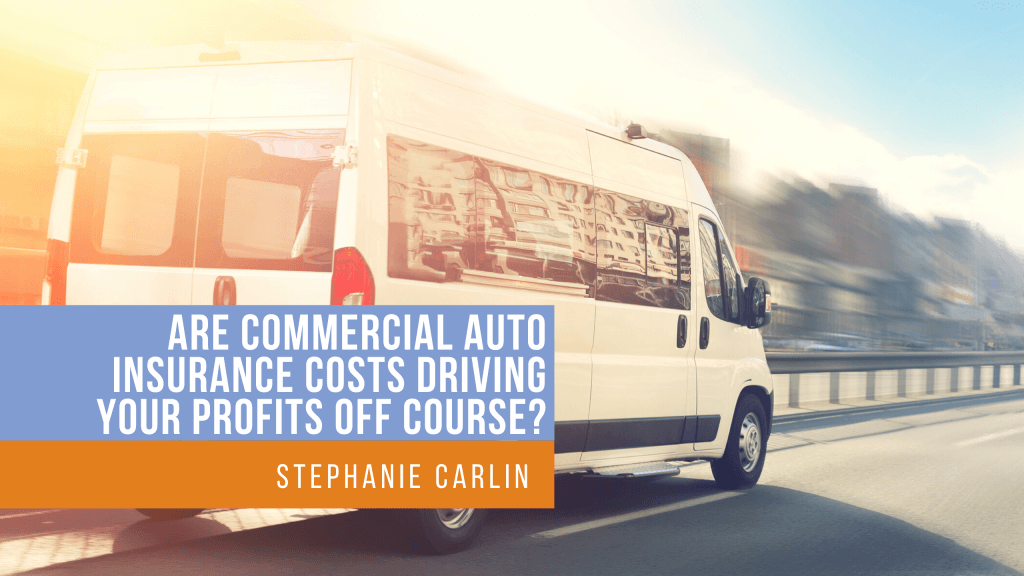Propel provides innovative insurance solutions to thousands of companies across the country. We make it our business to know your world inside and out.
Claims & Risk Management
Are Commercial Auto Insurance Costs Driving Your Profits Off Course?
Your company’s fleet of vehicles is an essential component of your business. It’s also one of your biggest risk factors. With commercial auto insurance rates and auto liability lawsuits both on the rise, the deck is increasingly stacked against you.
Like many other lines of commercial insurance, commercial auto rates are going up. Most industry experts agree that the insurance market is beginning to harden. That means insurers are getting stricter with their underwriting practices, exclusions are getting broader, coverage is getting more difficult to find, and rates are rising. According to Willis Towers Watson’s latest Commercial Lines Insurance Pricing Survey, U.S. commercial insurance rates rose nearly 4 percent in the second quarter of 2019 compared to the same period a year ago.
Why the jump in commercial auto rates?
A big factor driving rate increases is the industry’s loss experience. With the improved economy and cheaper gas, more cars are on the road, sometimes with inexperienced and undesirable drivers, leading to more accidents and claims. When accidents occur, new vehicle technology means that the repair costs are much higher than they used to be. Even something as simple as replacing a bumper can be very expensive when high-tech sensors are involved.
Another major factor driving increased rates is aggressive litigation. Attorneys are increasingly using data to sue companies with less than stellar safety and inspection records. Sky high settlements (also known as nuclear verdicts) are becoming more commonplace as juries seek to make examples of negligent companies. Damages can exhaust commercial auto limits and tap into a company’s umbrella policy, and these verdicts can cause serious reputational damage. Negligent entrustment cases are also on the rise, with settlements often in the millions.
How do you take control of commercial auto insurance?
First, you need to cover the seven basics:
- Establish a written fleet safety policy.
- Set up a Motor Vehicle Record (MVR) checking program.
- Thoroughly train drivers in accident response.
- Consider assigning specific vehicles to keep drivers accountable.
- Keep up with preventative vehicle maintenance.
- Inspect vehicles regularly and keep written inspection reports.
- Use drug and alcohol testing programs, and comply with the new Drug and Alcohol Clearinghouse implemented by the FMCSA and the Department of Transportation (DOT).
Then, go beyond the basics to take fleet risk management to the next level.
If you want your company to stand out, become a more desirable risk, and get the best commercial auto insurance pricing, take these additional steps:
- Conduct driver training/ education that focuses on safe behaviors.
- Put a safe driving incentive program in place to reward drivers with positive safety records and use disciplinary action to discourage unsafe driving.
- Implement a more robust MVR management solution such as SAMBA Safety to manage driver data, check for new regulations, instantly alert you of employees’ DUIs and infractions, track certifications and more. Instant MVR record alerts are invaluable. For example, companies that only check MVR records annually or semi-annually may inadvertently allow someone with a DUI to keep driving on the job.
- Use fleet telematics to gather valuable data for your incentive program, follow accident trends, monitor vehicle locations, monitor engine health, and target training opportunities. Be sure to monitor hard braking. We notice that drivers with frequent hard braking incidents are more likely to have accidents.
- Implement a comprehensive fleet risk management solution such as Fleetwatch, which has been proven to lower loss ratios. These all-in-one systems often include MVR programs, telematics, GPS, driver training and other features.
- Consider cell phone blocking technology such as Safemobile to combat distracted driving.
The bottom line: Don’t let your auto insurance costs drive your profits off course.
Propel has the expertise and resources to help you stay ahead of trends, manage your fleet and take control of commercial auto exposures. Contact us today and ask about our specialty insurance programs, which can include driver training and written fleet safety policies.

Stephanie Carlin
As a second-generation insurance consultant, specializing in construction and manufacturing, Stephanie understands the agility that independence brings. She appreciates the benefits that Propel’s culture of unbridled teamwork and collaboration offers her clients. More about Stephanie...


